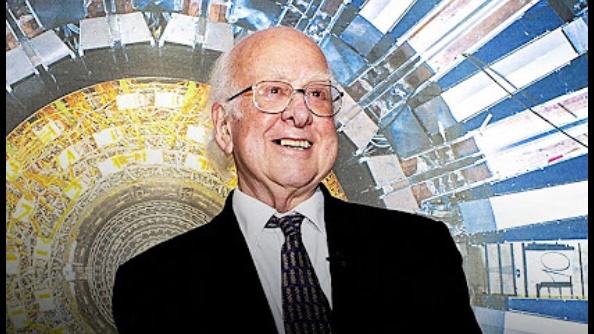Nobel prize-winning Physicist Peter Higgs, who was the first to propose the existence of the Higgs boson, better known as the “god particle,” died on Monday at the age of 94.
The University of Edinburgh announced Higgs died on April 8th, the same day the solar eclipse occurred, following a short illness.
Higgs was awarded the Nobel Prize for Physics in 2013, just one year after the European Organization for Nuclear Research (CERN) discovered the “god particle” in an experiment.
In a post on X, a CERN spokesperson wrote, “It is with great sadness that we learned of the passing of Peter Higgs.”
“An iconic figure in modern science, Higgs postulated the existence of the eponymous Higgs boson in 1964. Its discovery at CERN in 2012 was the crowning achievement of the Standard Model of particle physics – a remarkable theory which explains the visible universe at the most fundamental level,” added CERN.
Per The Guardian:
Peter Higgs, the Nobel prize-winning physicist who proposed a new particle known as the Higgs boson, has died.
Higgs, 94, who was awarded the Nobel prize for physics in 2013 for his work in 1964 showing how the boson helped bind the universe together by giving particles their mass, died at home in Edinburgh on Monday.
After a series of experiments, which began in earnest in 2008, his theory was proven by physicists working at the Large Hadron Collider at Cern in Switzerland in 2012; the Nobel prize was shared with François Englert, a Belgian theoretical physicist whose work in 1964 also contributed directly to the discovery.
A member of the Royal Society and a Companion of Honour, Higgs spent the bulk of his professional life at Edinburgh University, which set up the Higgs Centre for Theoretical Physics in his honour in 2013.
On April 8th, on the day of the solar eclipse, CERN fired up its Large Hadron Collider (LHC) in an attempt to uncover unknown scientific phenomena such as dark energy, dark matter, and what the universe consists of.
CERN particle physicist Clara Nellist stated, however, that it was a “coincidence” that the LHC would start running during the eclipse.
Nellist shared, “It’s the regular running that starts on April 8; it just happens to coincide with an astronomical event.”

